(does anyone know)
What is Digital Humanities?
Humanities Computing? Digital Humanities? Digital History? A field? A method? A discipline?
What is technology?

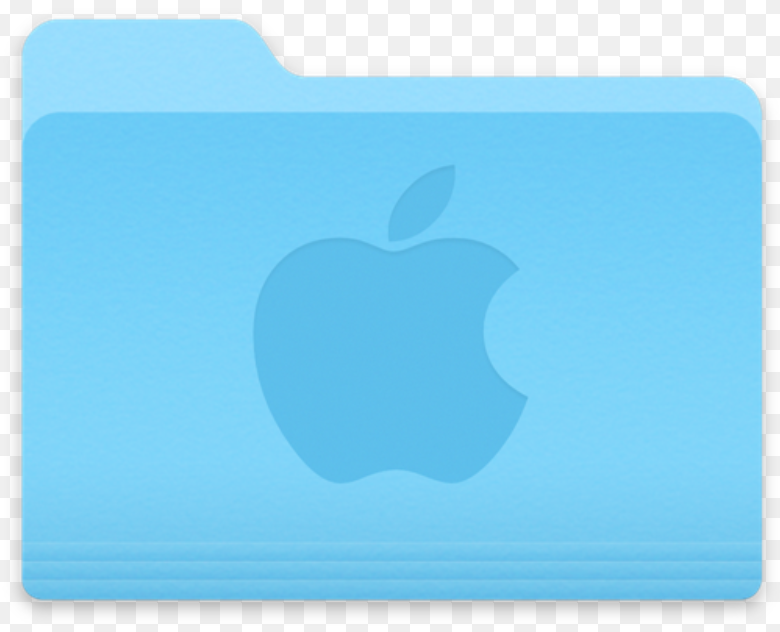
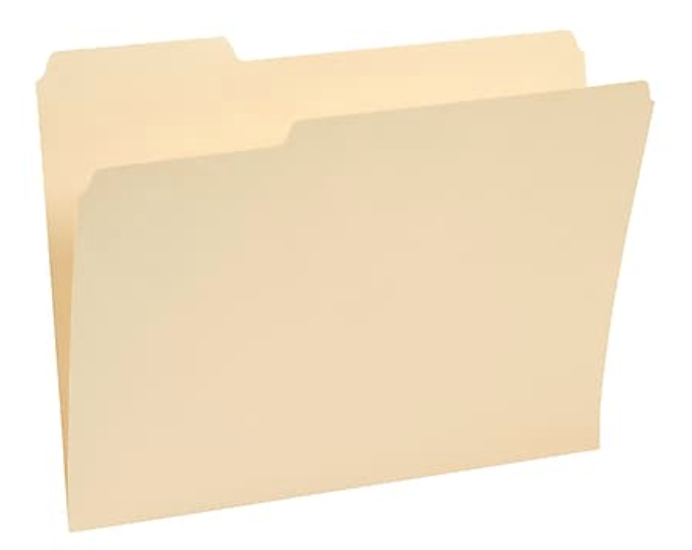
“There is no such thing as a new idea. It is impossible. We simply take a lot of old ideas and put them into a sort of mental kaleidoscope. We give them a turn and they make new and curious combinations. We keep on turning and making new combinations indefinitely; but they are the same old pieces of colored glass that have been in use through all the ages.”
-- Mark Twain
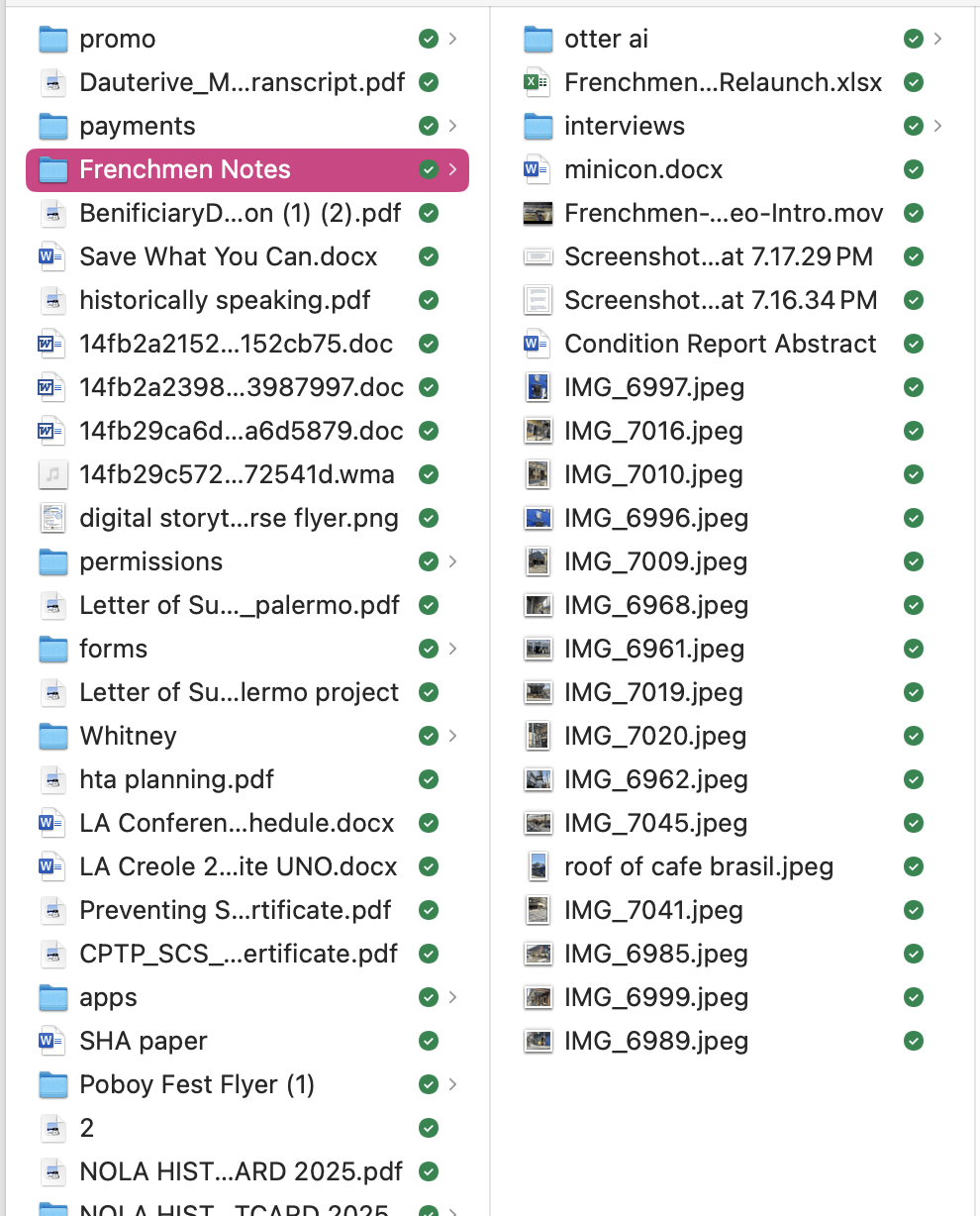
Codex --> Printed Book --> Ebook
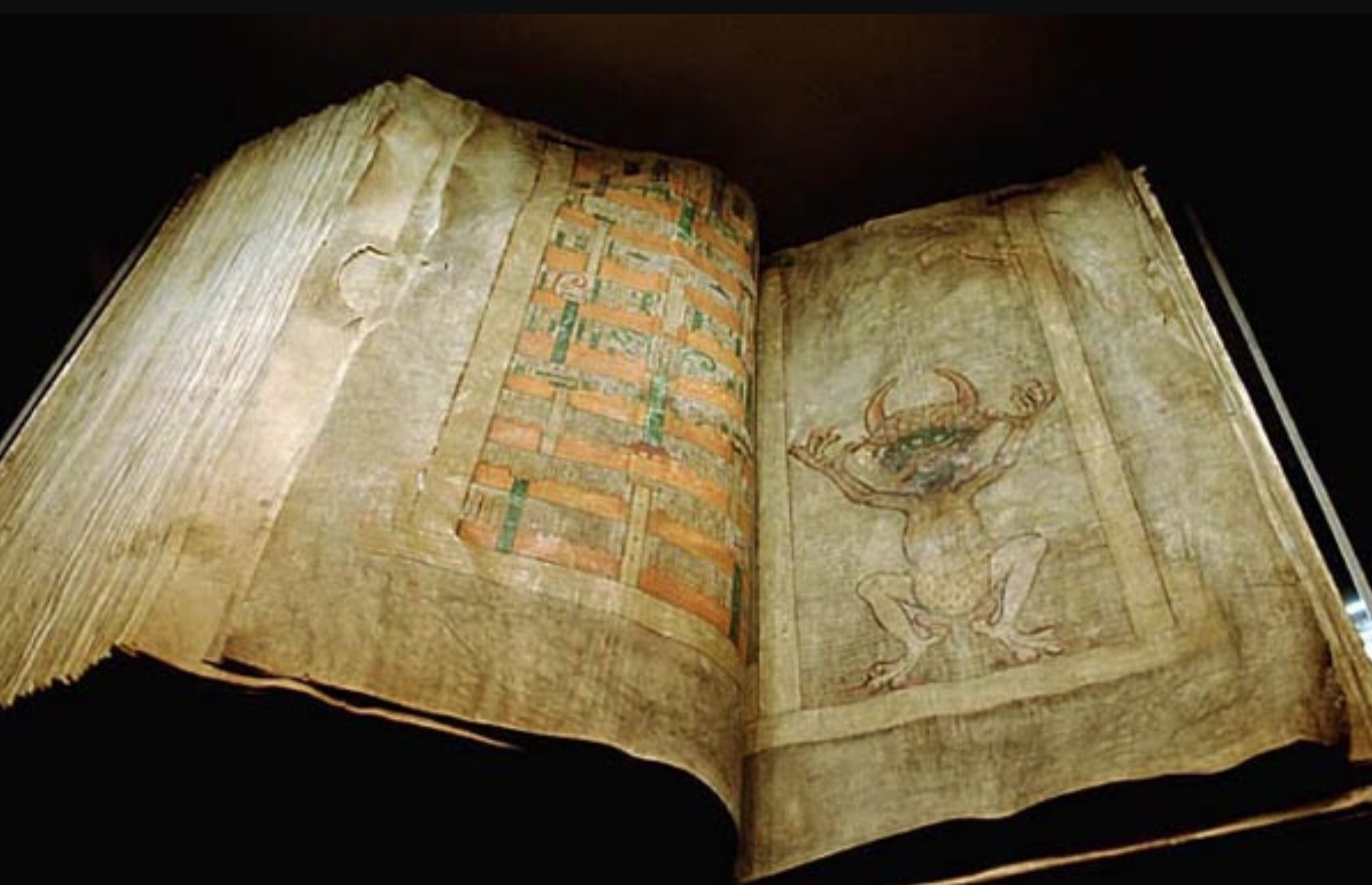
The Codex Gigas, 13th century, Bohemia.
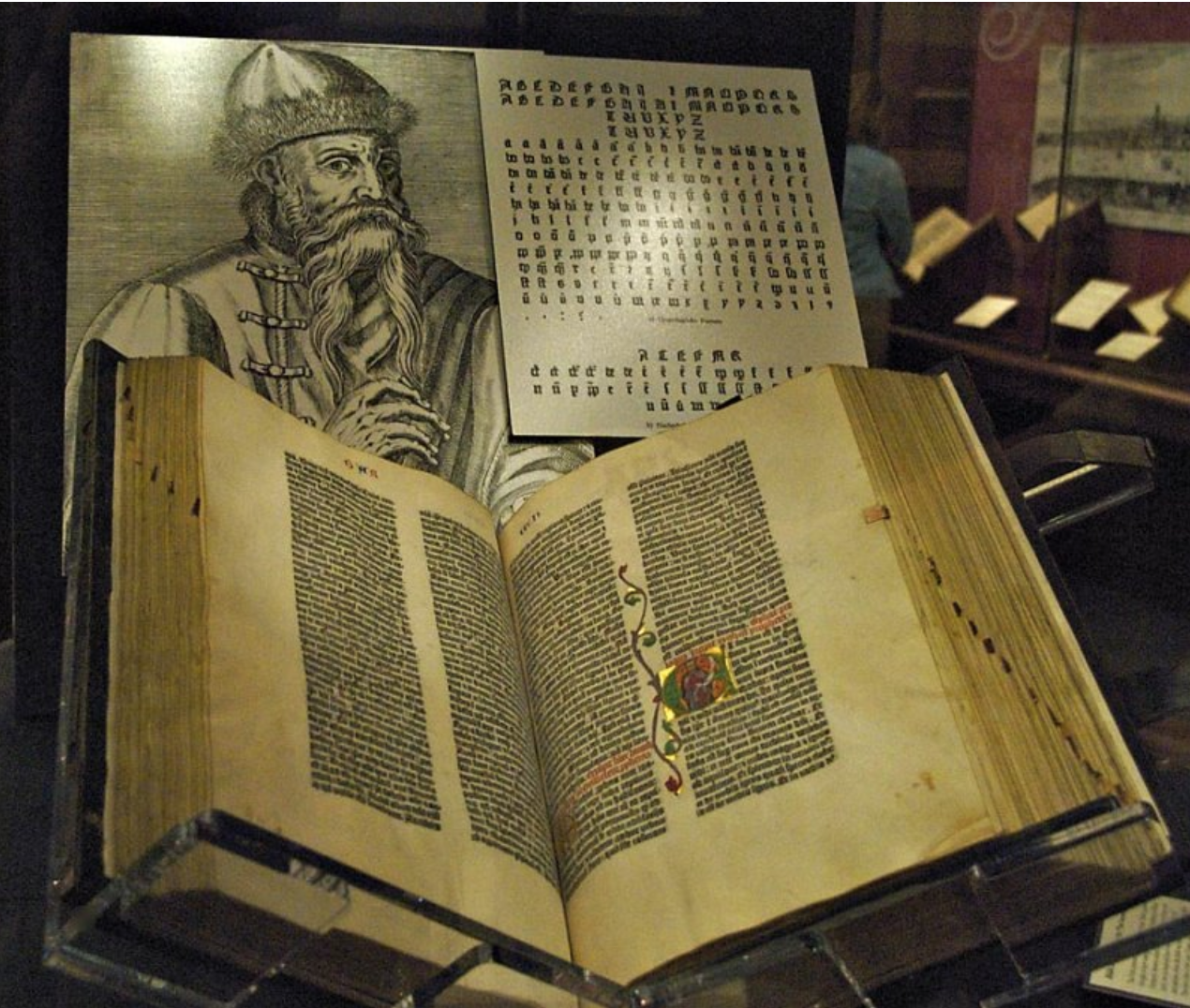
The Gutenberg Bible, 15th century, Germany.
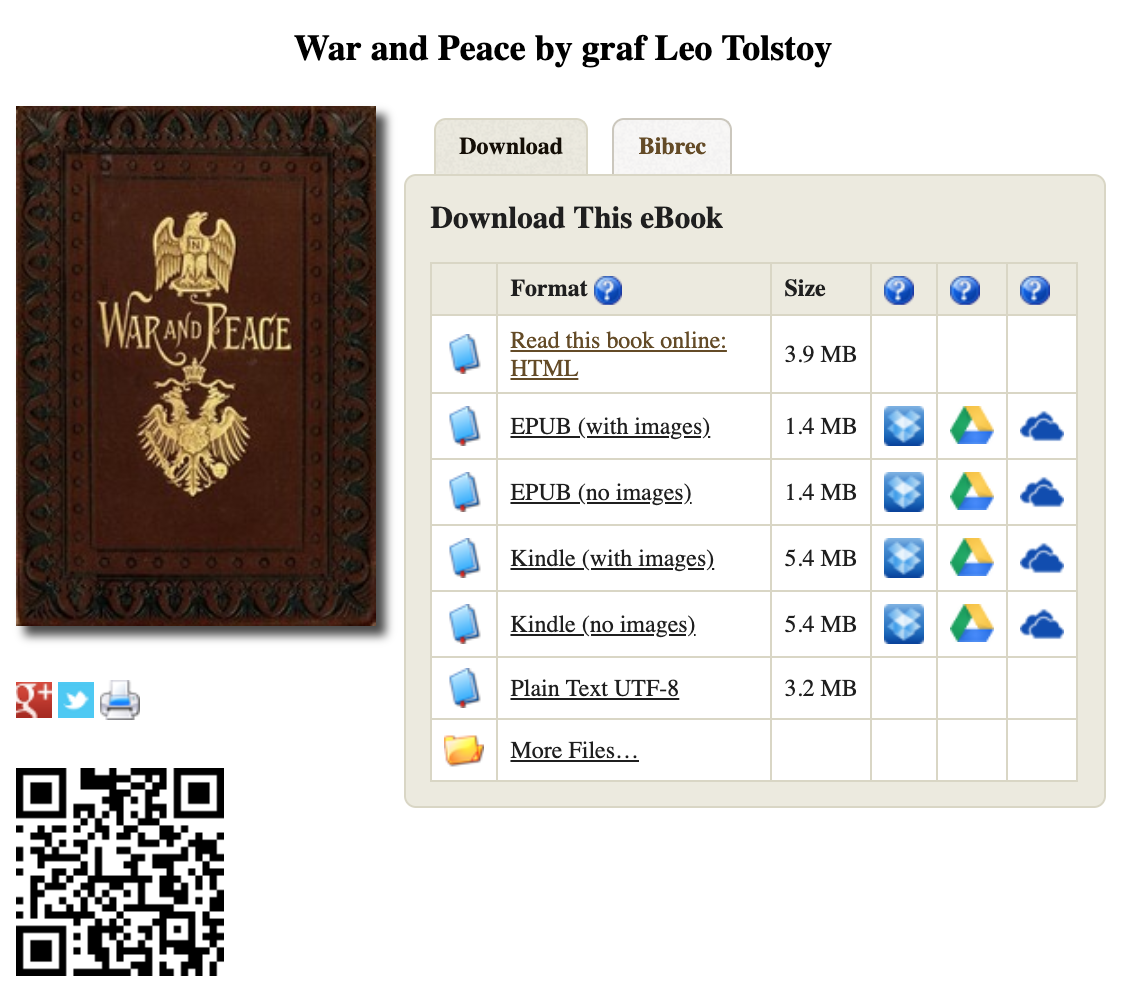
Project Gutenberg, 2019, World Wide Web.
1930s
- IBM is rescued by the Social Security Act. The punch card becomes the official computing device for the New Deal.
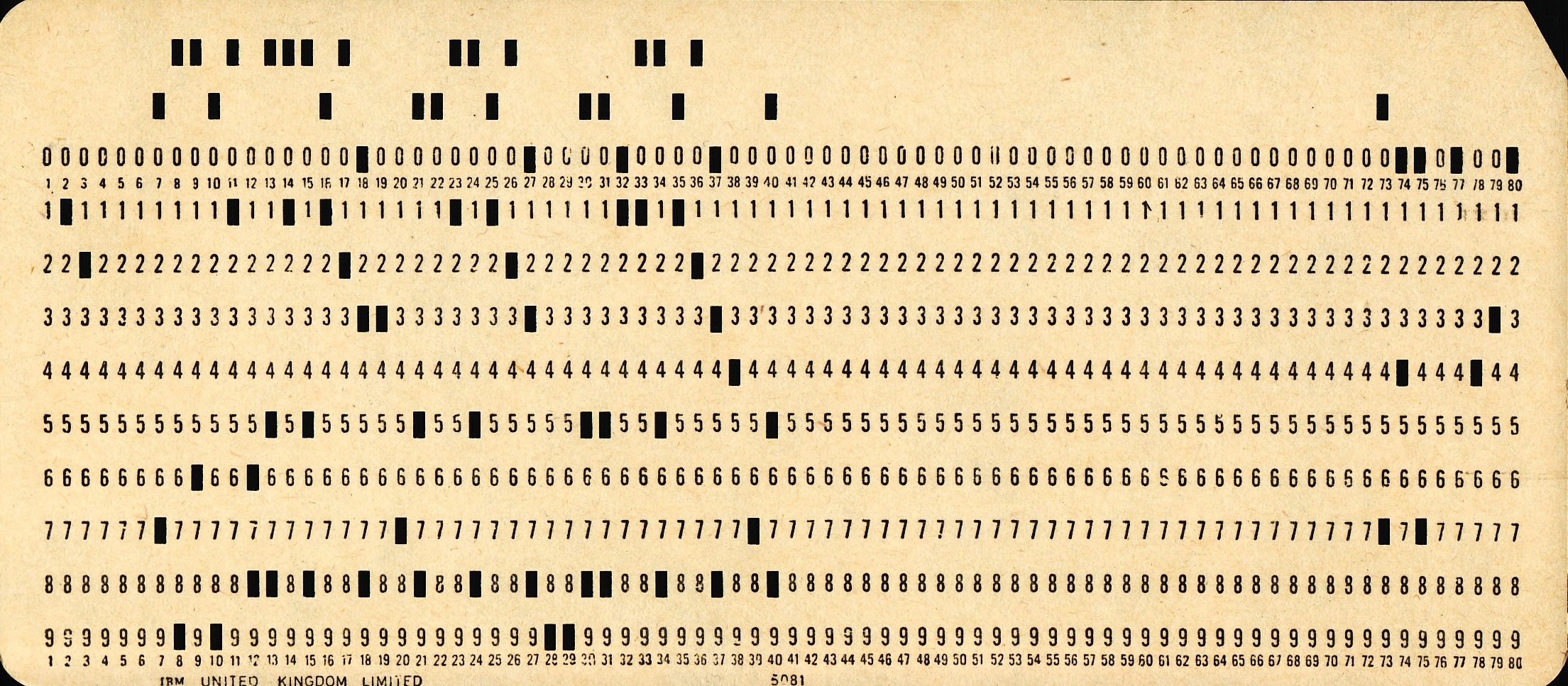


1940s:
- Jorge Luis Borges (author) publishes "Garden of Forking Paths." - multiverse
- Vannevar Bush (scientist on Manhattan project) publishes "As We May Think." - memex
- Father Busa (scholar) attempts to index the writings of St. Thomas Aquinas with the help of IBM. (completed 1970s)
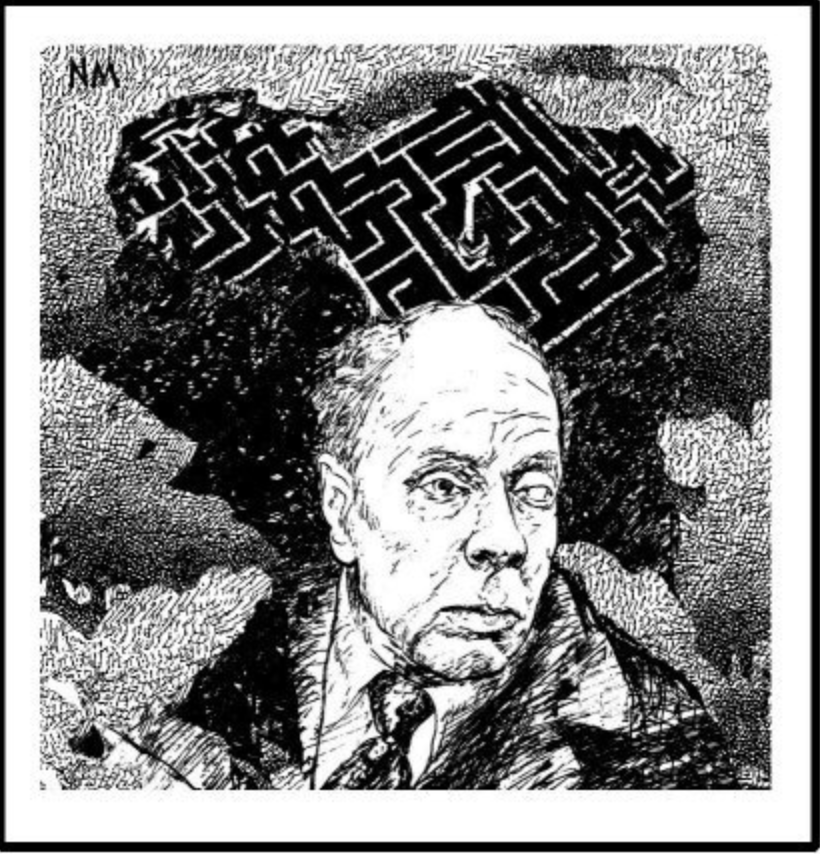
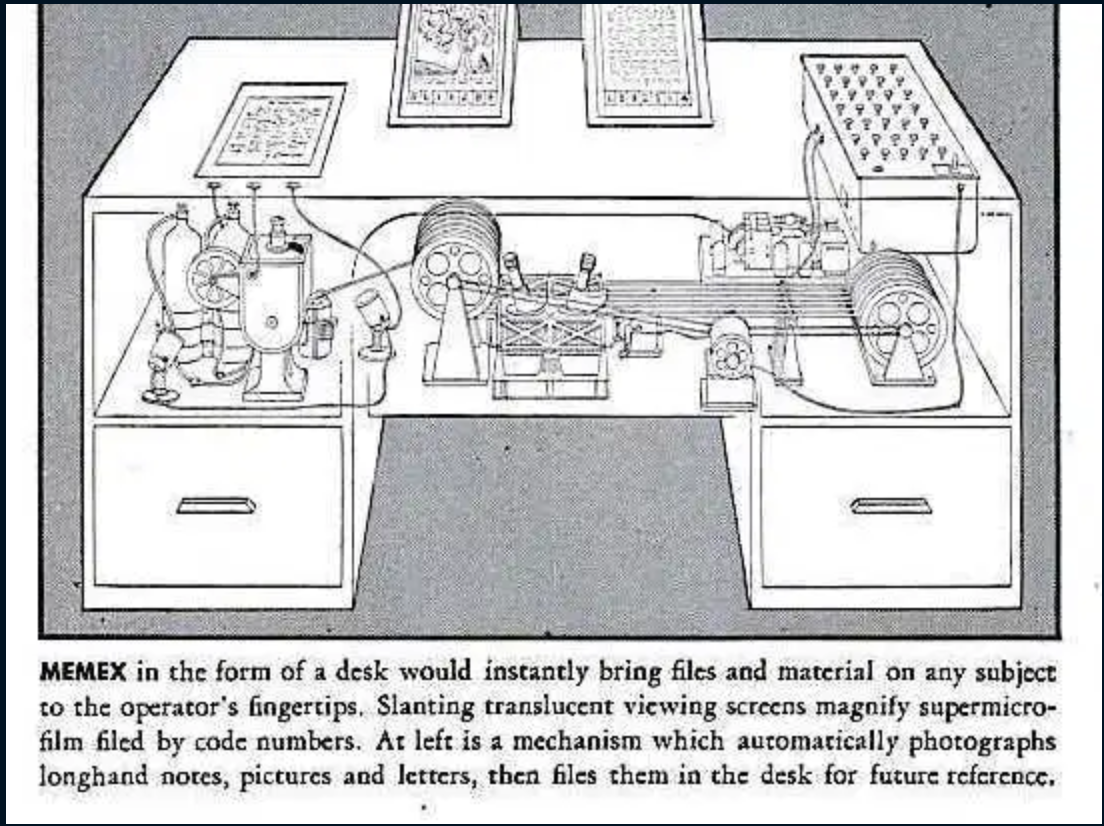
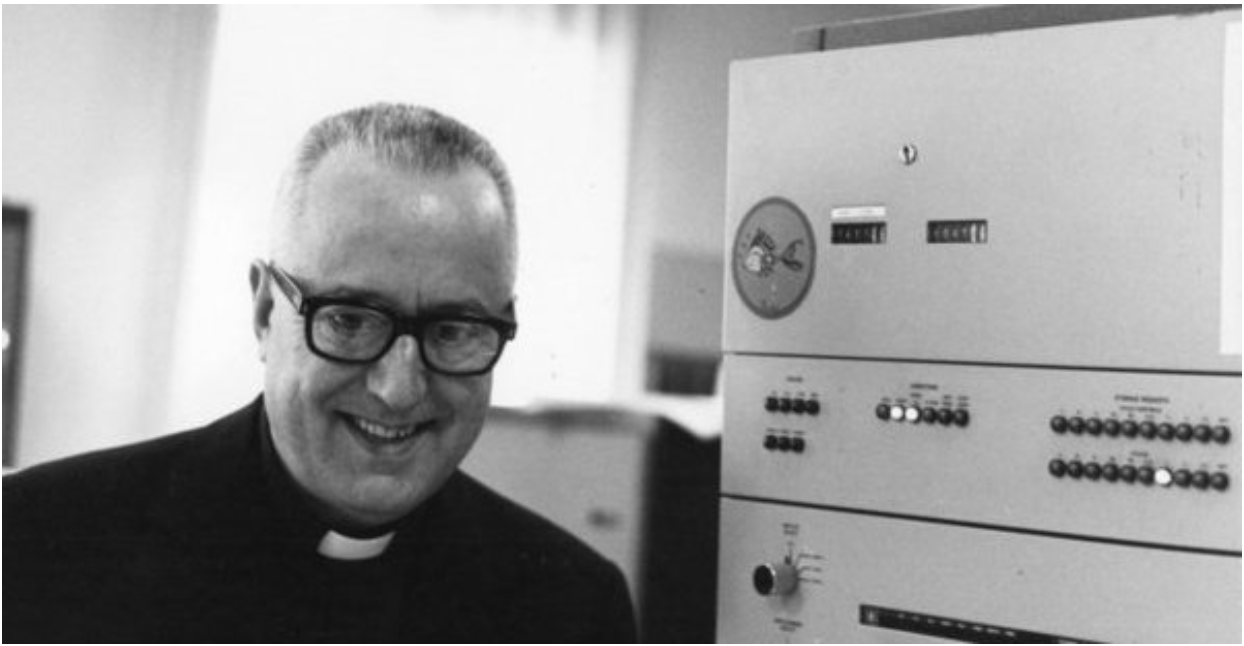
1950s-1960s
- Alan Turing cracks the Enigma code and designs the Turing Test.
- ELIZA one of the first AI programs to pass the Turing Test.
- Ted Nelson conceives of Project Xanadu and invents the term "hypertext."

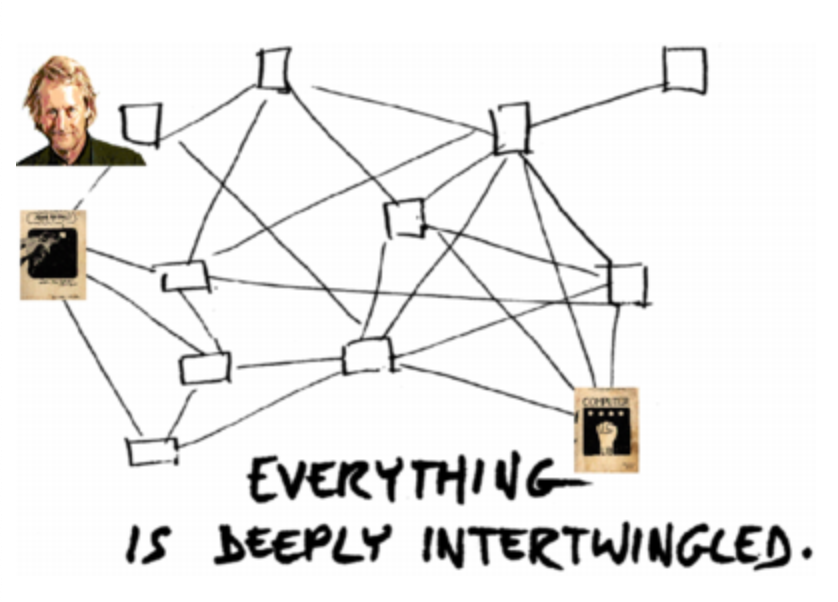
1970s-1990s
- The graphical user interface replaces the command line by 1980s - personal computing revolution.
- World Wide Web and CD-Rom gain popularity.
- Hypercard creates possibility for user-guided explorations of virtual worlds.
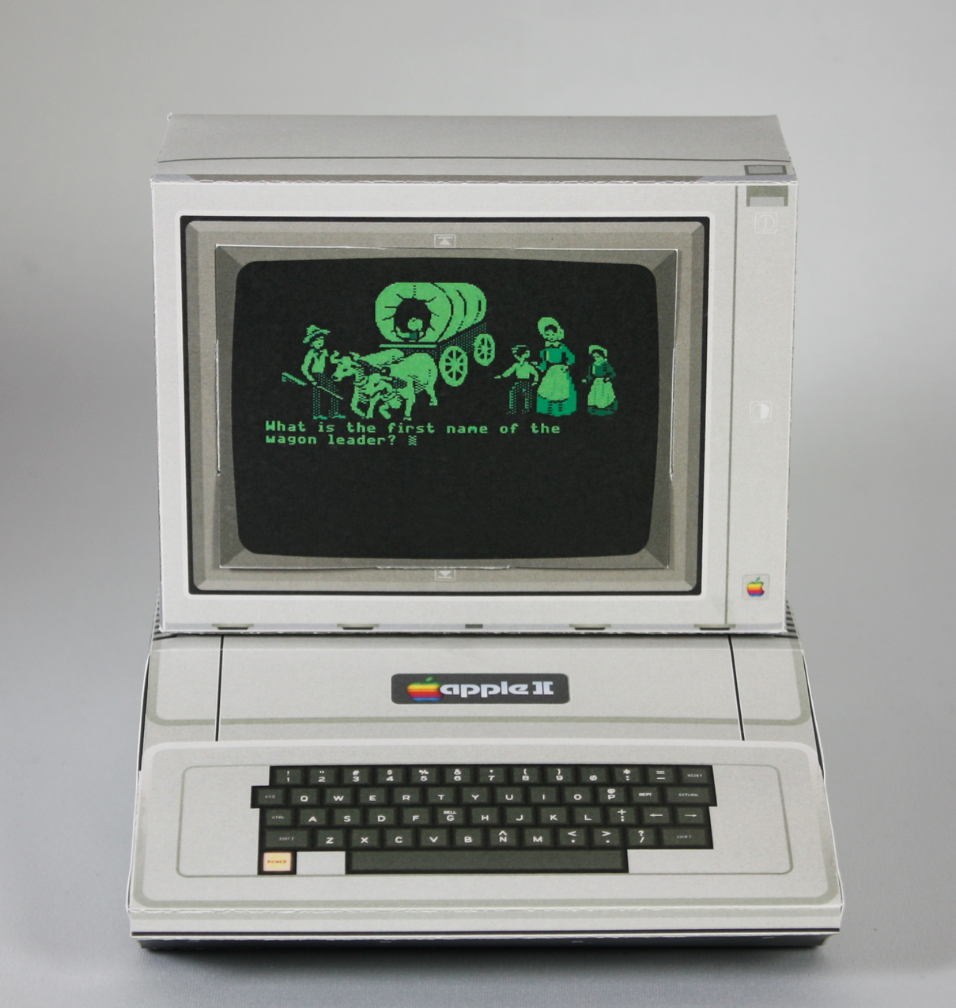
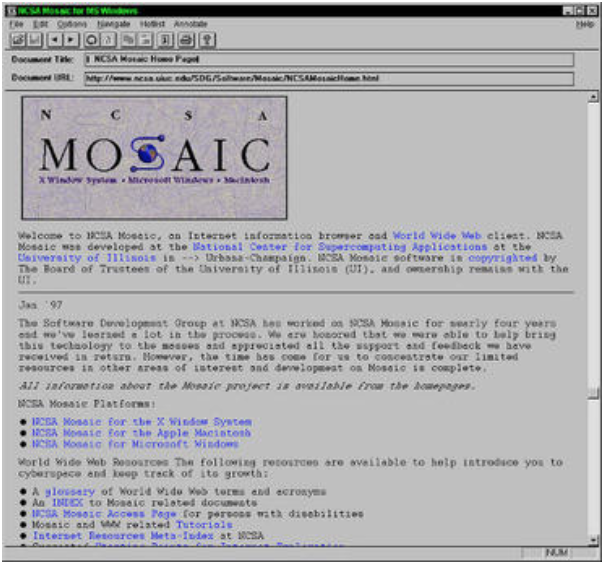
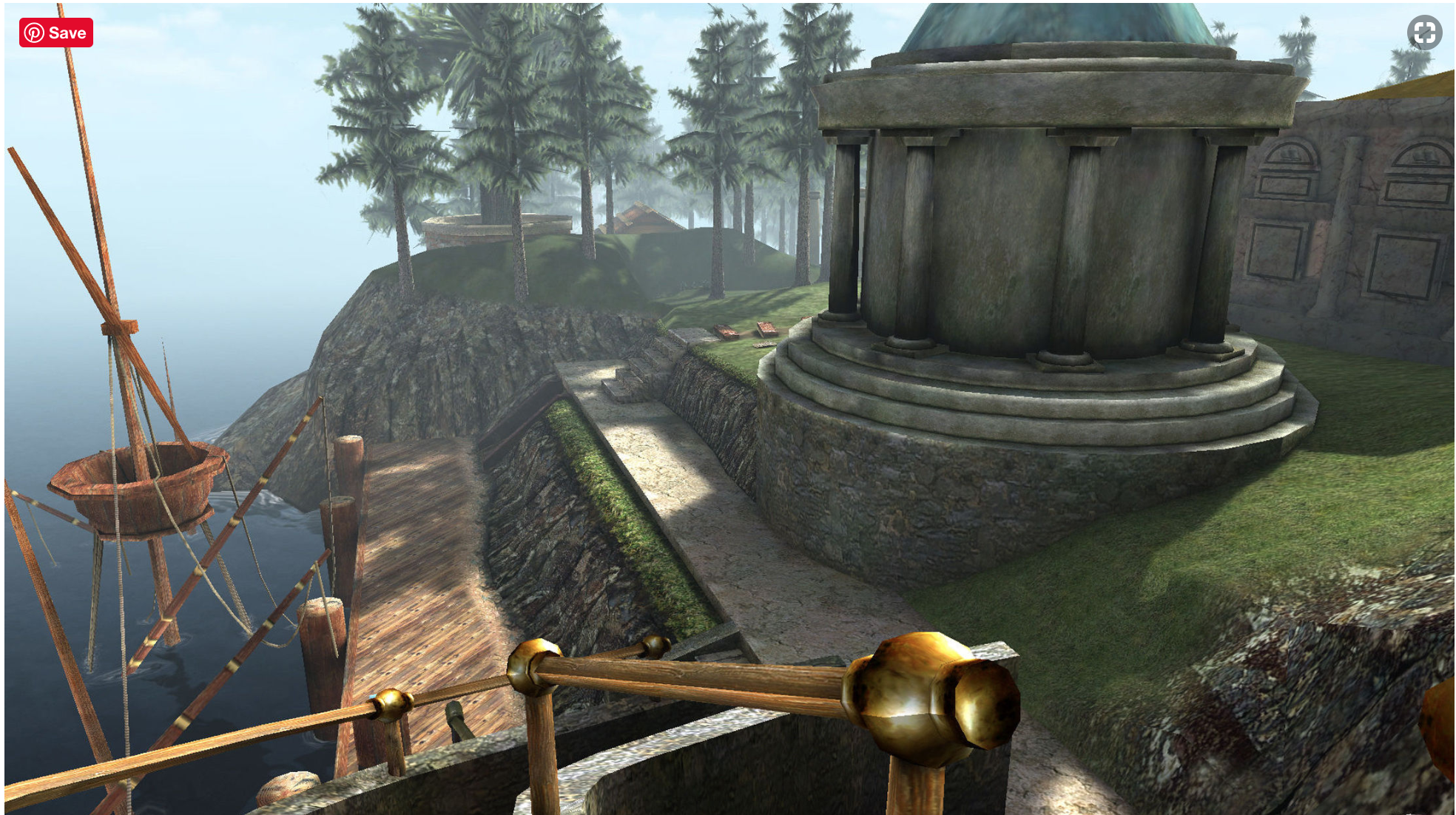
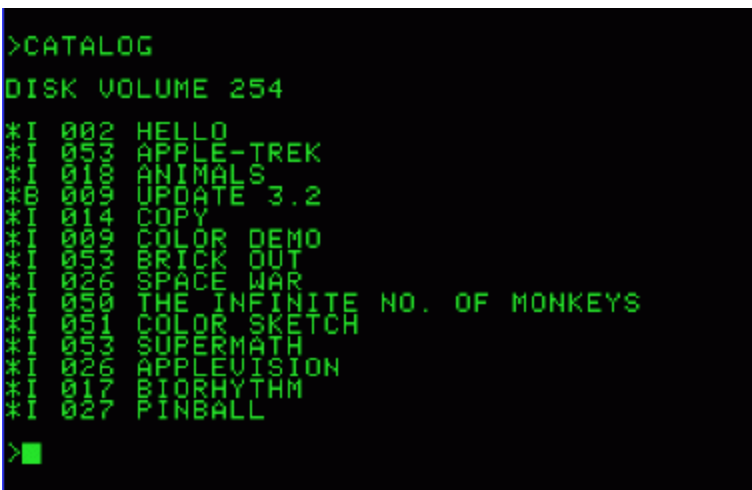
21st Century
- The Internet continues to expand (RIP Floppy Disk and CD-ROM).
- Web 2.0: the web becomes participatory. Enter Myspace, Livejournal, Facebook and other social media websites.
- Computing power increases and device sizes decrease.
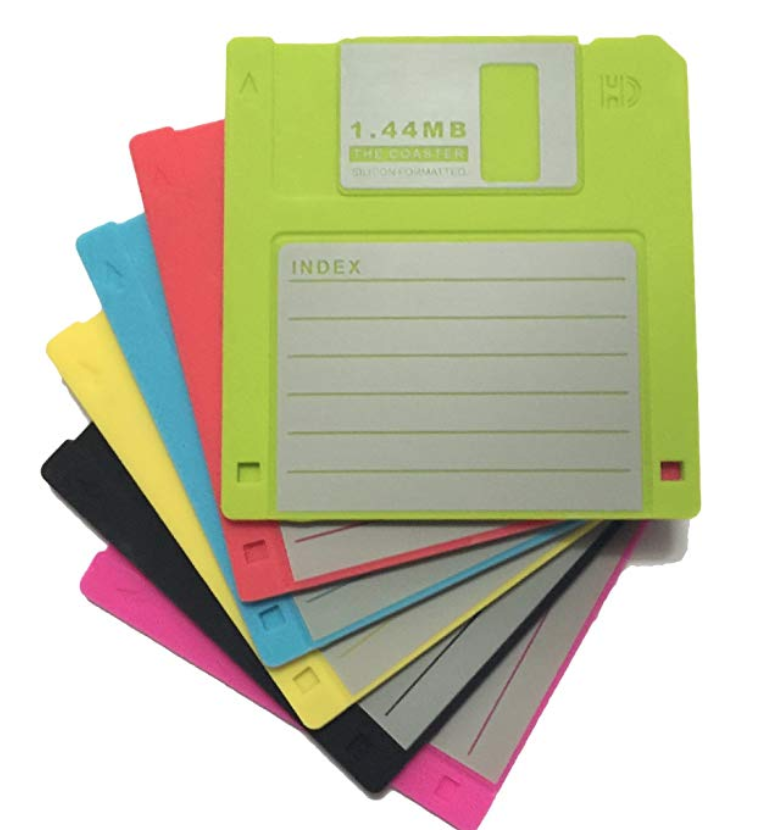
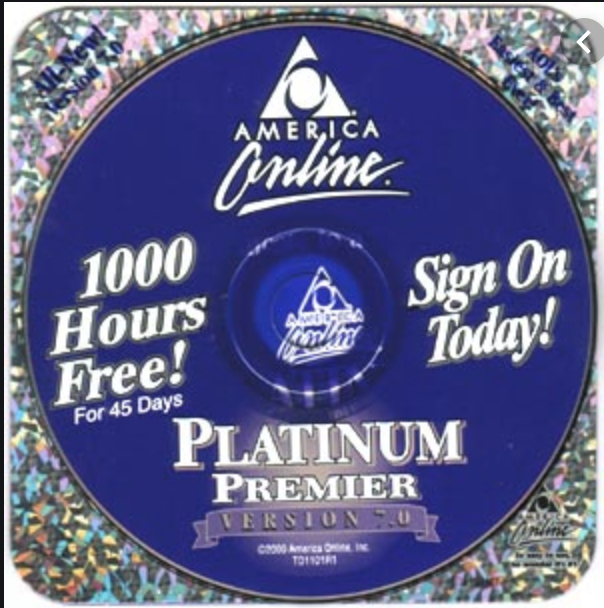
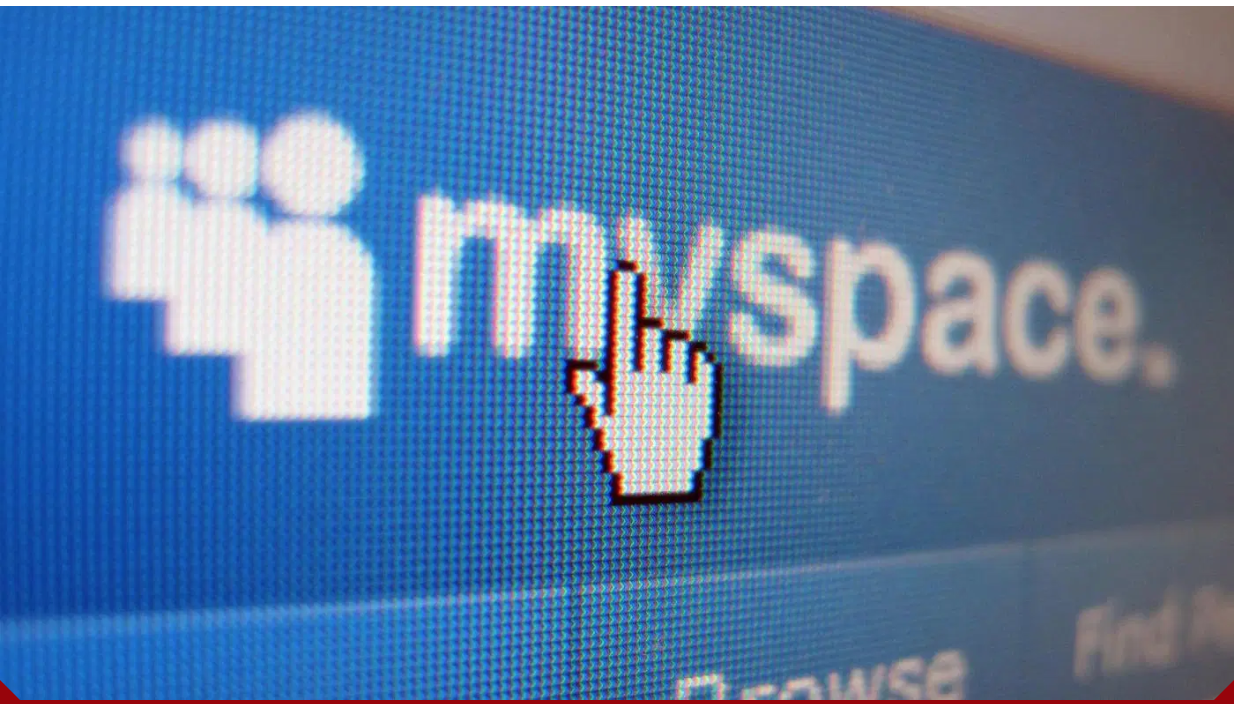
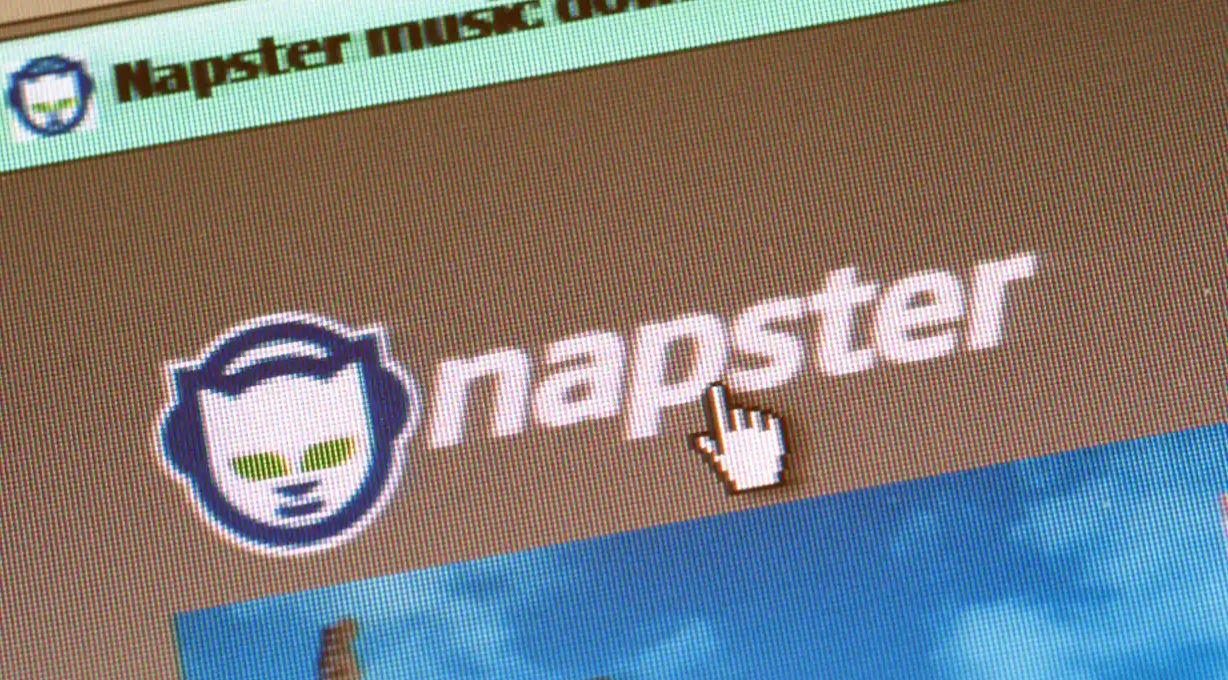
using information technology to illuminate the human record, and bringing an understanding of the human record to bear on the development and use of information technology
Susan Schreibman, Ray Siemens, and John Unsworth,
"The Digital Humanities and Humanities Computing: An Introduction"
〞
Story-centered
Center work on a story, argument, or question
Find a tool that fits your story
Audience-centered
Design research and production plans based on audience and stakeholders
Open Source/
Open Access
Code available for use and reuse
Content free and accessible
New scales of analysis and publication
Allows for new questions
Finds new answers
Shares more widely
Collaborative
Team building matters
Brings new people in conversation
Where does Digital History fit in?
Brennan: "approach to researching and interpreting the past that relies on computer and communication technologies to help gather, quantify, interpret, and share historical materials and narratives."
-
Digital Collections
-
Teaching and Learning
-
Digital Exhibits and Publications
-
Collaborative Digital Public History
-
Computational Analysis
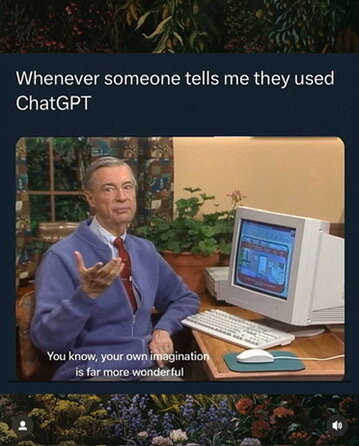
AI Crash Course
- Machine Learning: an algorithm or statistical model that allows computers to perform tasks without explicit instructions (AI, without the branding)
- Neural Networks: massive web of interconnected data points built in multiple layers (features --> face)
- Deep Learning: using a neural network to supercharge machine learning to get more complex responses
- Natural Language Processing (NLP): what allows computers to respond to us via language we understand (Siri; chatbots)
- Large Language Model (LLM): allows computers to predict contextually relevant answers in our own language (ChatGPT)
- Training Data: a large dataset that is used to train a machine learning model to predict certain outputs or outcomes